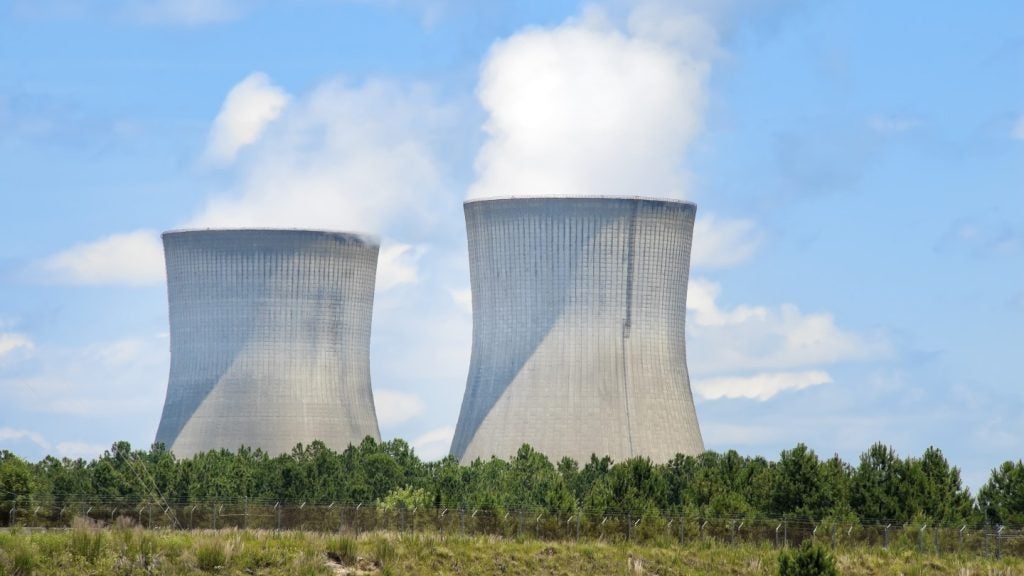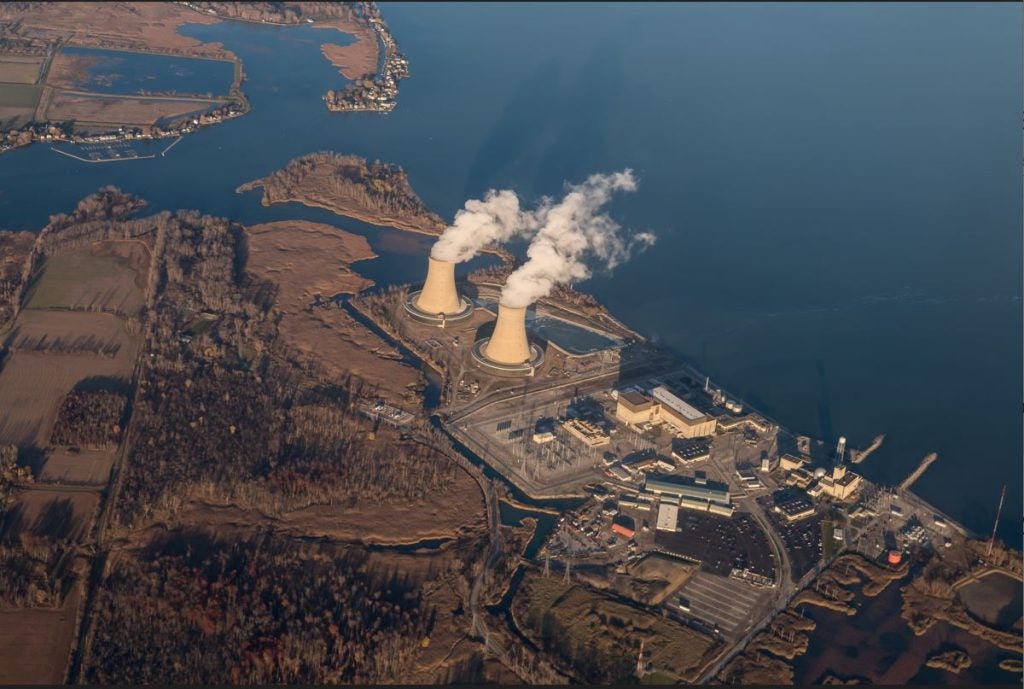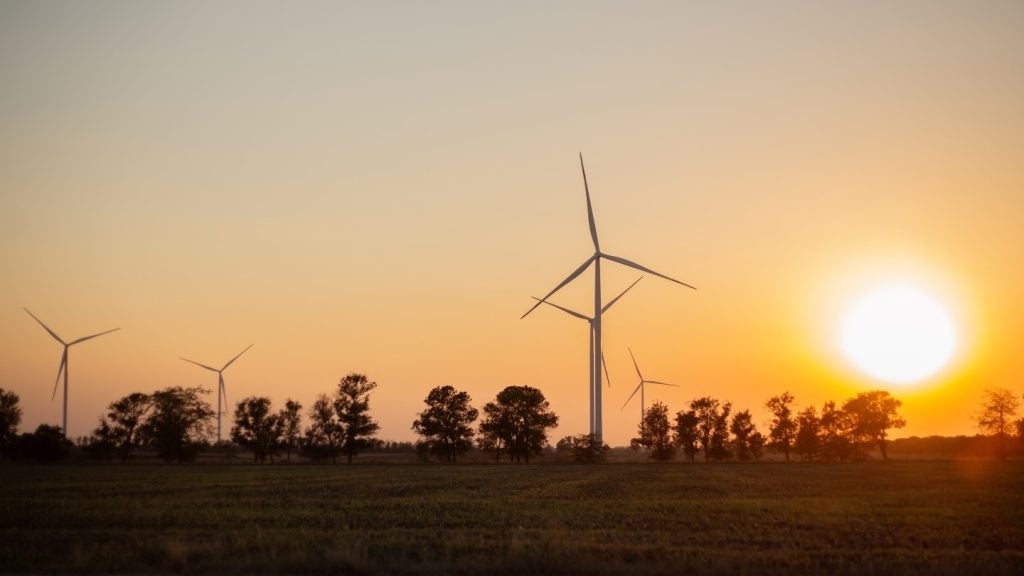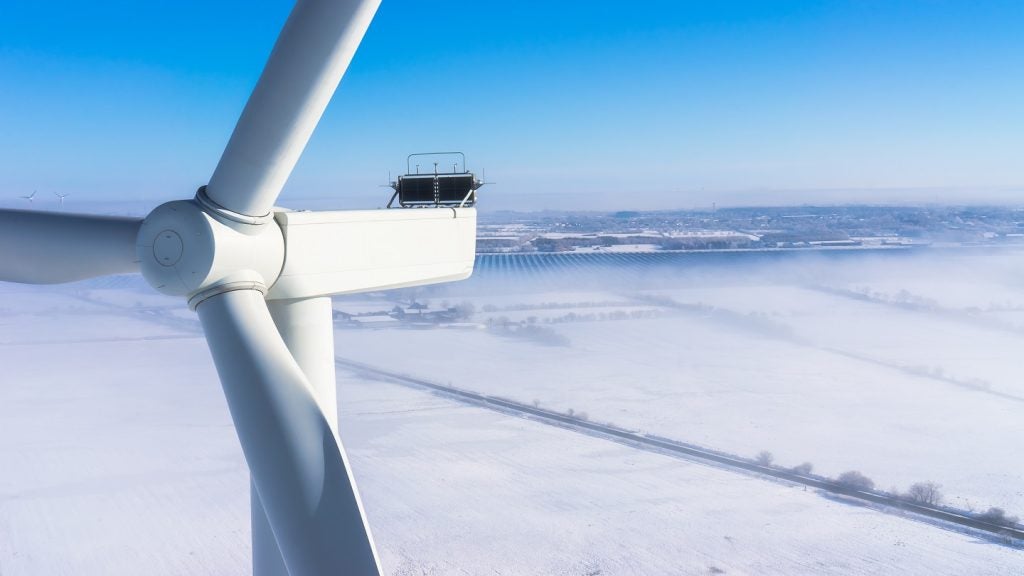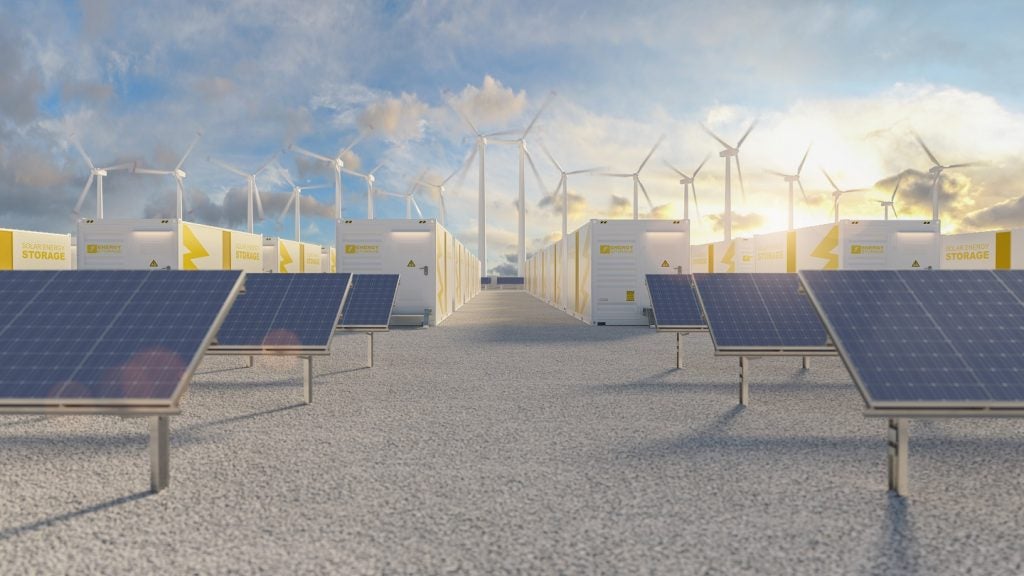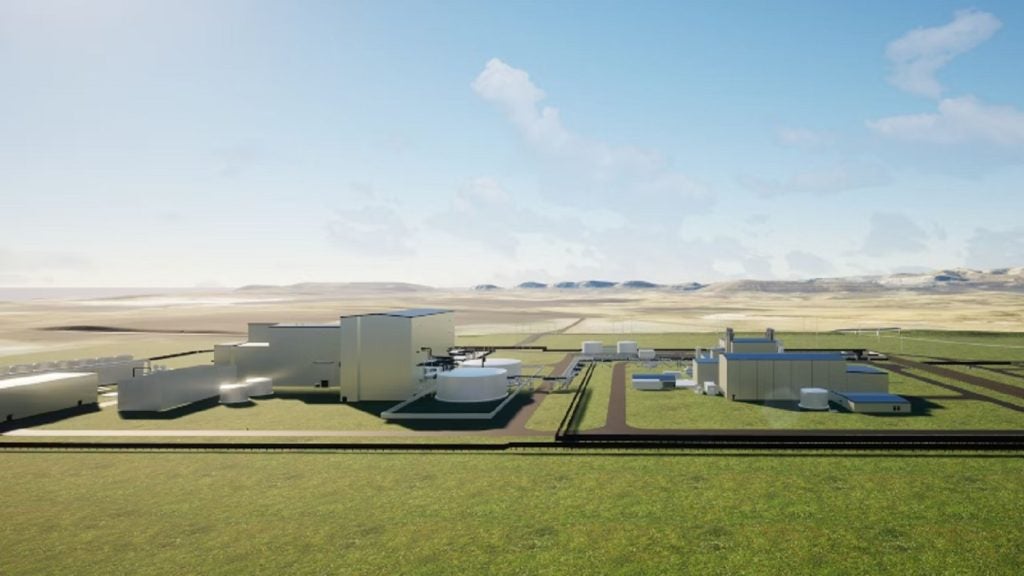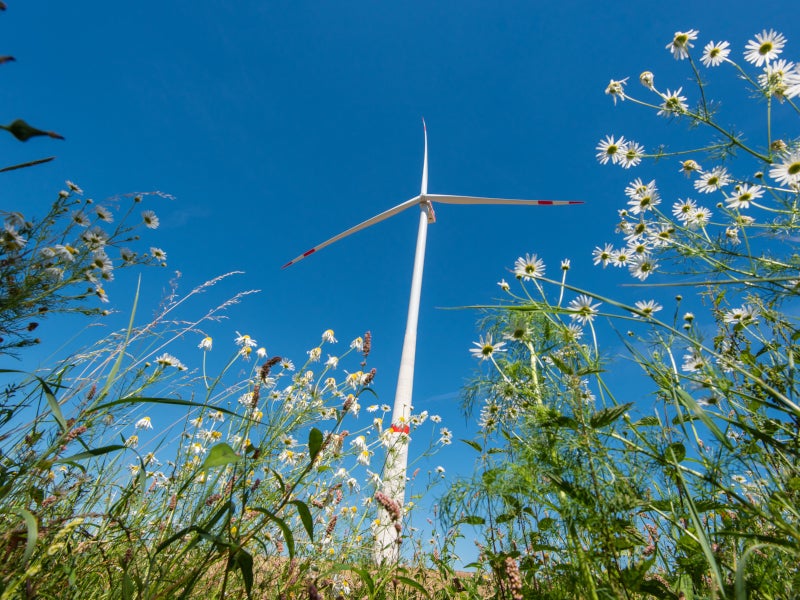US Secretary of Energy Jennifer Granholm called for the expansion of US nuclear capacity at an event held to mark the completion of two nuclear units in Georgia last Friday.
AP1000 unit 3 and 4 at the Vogtle site near Waynesboro, Georgia, entered commercial operation in July 2023 and April 2024, respectively.
“It is time for the US to cash in on the experience of nuclear new-build at Vogtle,” Granholm said. “This project is a prime example of how first-of-a-kind challenges can become 'nth-of-a-kind' successes, thanks to the work of those who came before and public-private partnerships.
“First-mover projects of this size are too big and too financially risky for the private sector to do by itself but are too important for the nation to fail to act,” she added: “To reach our goal of net-zero by 2050, we have to at least triple our current nuclear capacity in this country. That means we have got to add 200 more gigawatts by 2050. So, it is time to cash in on our investments by building more of these facilities.”
The US is currently the largest nuclear producer in the world, accounting for around 30% of global nuclear electricity generation. According to Granholm, around 30 US NPP sites have already been licensed or permitted for the construction of more reactors.
Granholm stressed that restarting recently retired nuclear plants could also play a part in meeting the need for new capacity.
“You don't have to go through the whole rigamarole again. You can just use the existing footprint to be able to increase generation capacity,” she said.
Throughout its ongoing term, the Biden administration has sought to bolster domestic nuclear energy production and innovation. Most recently, in May, the administration announced the creation of a Nuclear Power Project Management and Delivery working group to identify opportunities and mitigate sources of risk and excessive cost.
In light of the upcoming US election in November, Republican presidential candidate Donald Trump has not yet laid out his approach to nuclear energy. However, in 2019, during his first term, he assembled a nuclear energy working group to expand the US’ industry to compete globally.


